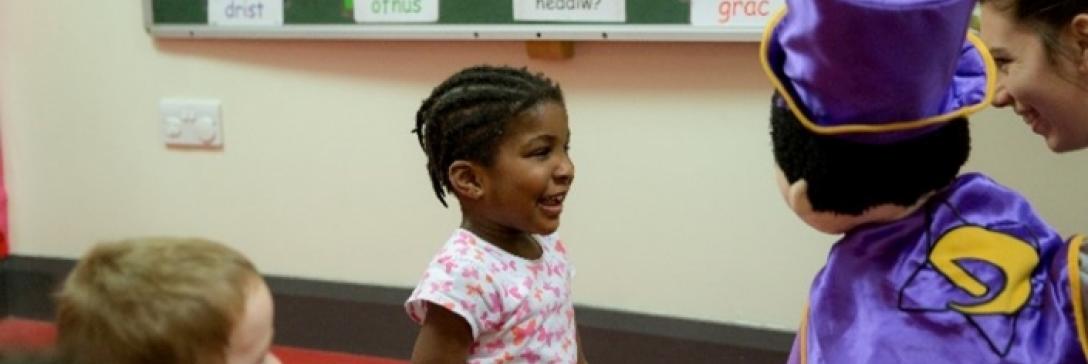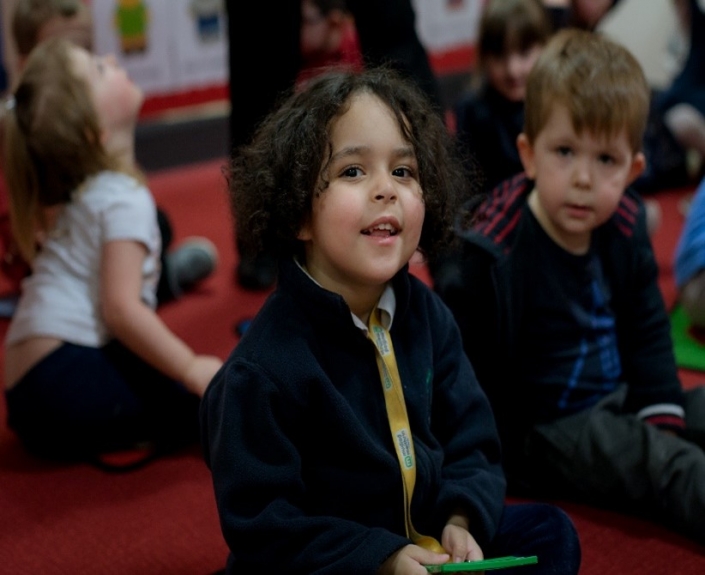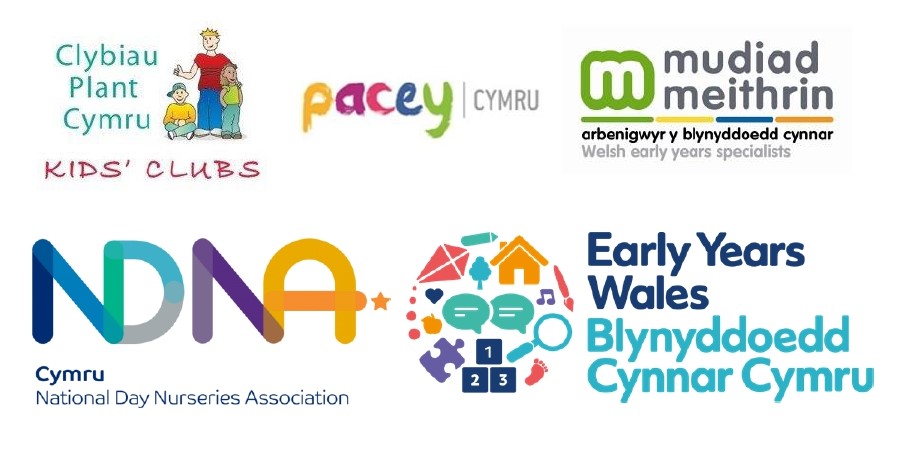Blog: Racism and childcare

How is racism conceptualised within childcare? Is it conceptualised at all or is it considered as something that does not happen here?
Public Health policymakers are – as I type – discussing the impact that racism has on health. Public Health expert Prof. Kevin Fenton argues that “we should view racism as a fundamental determinant of health.
It influences multiple mechanisms, policies and practices that ultimately affect health”. Can the same be said of childcare? If we are to argue that the provision of regulated, quality childcare makes a tangible difference to children’s lives, then it would seem impossible to argue otherwise. If attitudes within childcare are determined by racist tropes and essentialist stereotypes about how children from certain ethnicities or cultures behave or race and ethnicity are simply ignored by (allegedly) colour-blind practitioners, then we need to radically change the way we operate.
How can childcare practitioners make real change as far as challenging racism is concerned and how can they implement good practice in their settings?
- Know the literature. Colleagues in ‘Blynyddoedd Cynnar Cymru / Early Years Wales’ have compiled a useful depository of books and articles which explore race, ethnicity and culture in contemporary society and childcare (click here). Also, see this useful article by PACEY Cymru: https://www.pacey.org.uk/working-in-childcare/spotlight-on/promoting-positive-diversity/
- Scrutinise your policies. Ask the experts. Mudiad Meithrin have recently worked alongside ‘Cyngor Hil Cymru / Race Council Cymru’ to assess its policies as far as championing anti-racist practice is concerned.
- Celebrate difference. The underlying common thread of humanity unites us all regardless of who we are, but we can also celebrate our differences to show that we care and appreciate our respective identities. In real terms, this means making the effort to celebrate Diwali, Eid, Rosh Hashanah, Carnival, the Chinese New Year as well as Dydd Gŵyl Dewi (Saint David’s Day) and Christmas or Easter. There are various practical resources available to inspire practitioners.
- Engage in debate and listen to lived experience. It can often be difficult for white people (most childcare practitioners in Wales) to understand the debilitating impact of everyday racism and micro aggressions. But as Audre Lorde says: “You do not have to be me in order for us to fight alongside each other”. The weekly ‘Privilege Cafe’ session hosted by Mymuna Suleyman is a safe, useful, educational space for debate.
- Challenge banter. Potentially the most difficult bad practice to counter is seemingly banal, everyday banter or jokes. Some people might not even consider this to be racist at all. Educate others around you that words can be hurtful and that racist stereotypes have no place in childcare.

Some might read this blog and argue that children in childcare (especially in the early years) are either too young to experience racism or that they cannot appreciate the complexities of nuanced debate around race, colour, and identity. But the lived experience testified by people of colour via the ‘Black Lives Matter’ movement tells us a different story. The emphasis we as a sector place on the provision of quality, regulated childcare means that the substantive experience and role modelling by adults matter. Otherwise, what are we saying?
We should proudly assert that ‘Black Lives Matter’ and that ‘Black Children Matter’ too.
Dr Gwenllian Lansdown Davies, Chief Executive Mudiad Meithrin
 |
